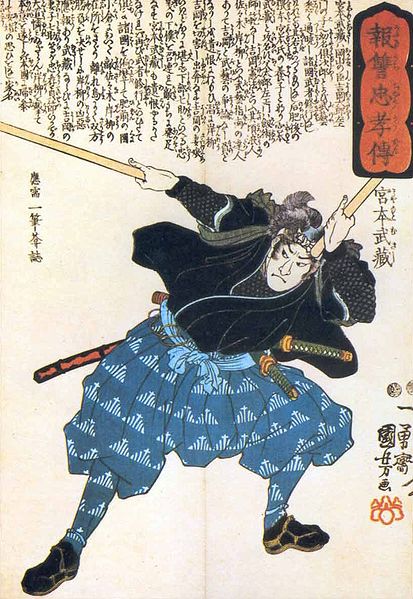Advertisements
- Oden’s life heavily revolved around his food namesake, a traditional Japanese winter dish. In addition to it being his favorite food, his catchphrase “I am Oden, and I was born to boil” refers to the boiling required to cook Oden, as did his execution by being boiled alive. His deal with Kaido of being boiled for an hour refers to the time it takes to fully cook oden.
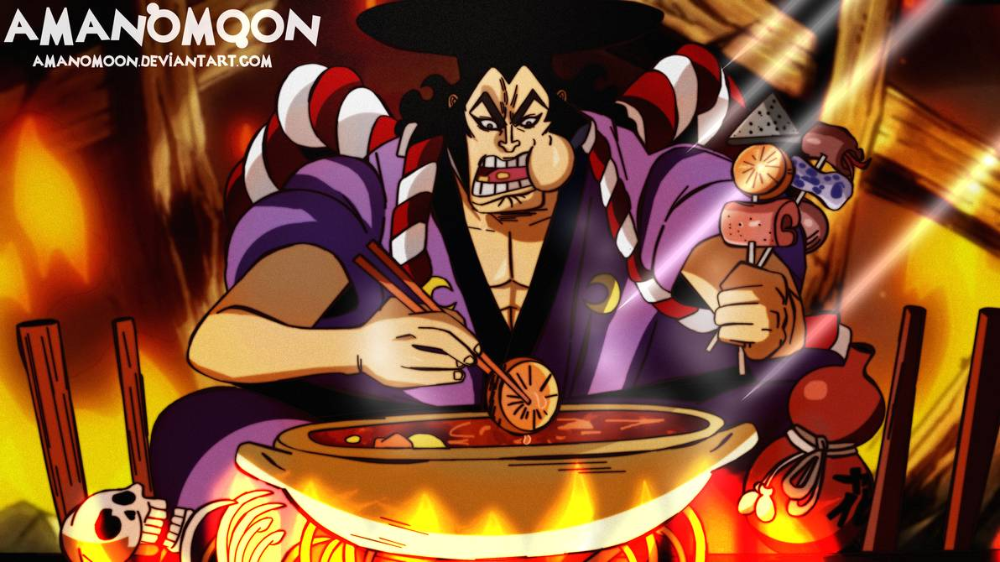
Advertisements
- Oden’s birthday, February 22nd, is National Oden Day in Japan. Additionally, the chapter where Oden was killed, Chapter 972, was released on February 22nd.
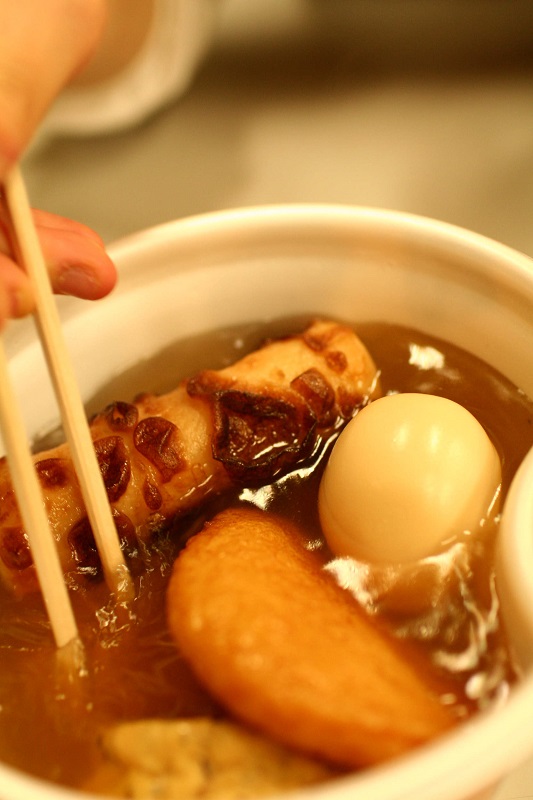
- Oden is similar to Mont Blanc Noland, as they are both the main protagonists of flashback stories in which they are executed in the end by greedy nobles, who then besmirched their family names through lies and misinformation.
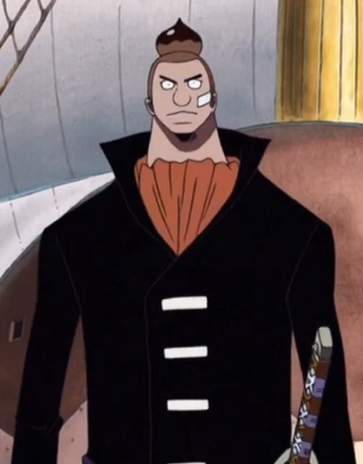
Advertisements
- Oden bears a resemblance to Susanoo-No-Mikoto, the Japanese Shinto god of the sea and storms.
- Both were violently impulsive and committed outrageous acts against their peers out of bravado and recklessness, causing them to be banished from their homes as punishment.
- Both their signature swords are named Ame no Habakiri.
- Both went on paths of redemption to atone for their deeds by committing great acts of heroism in defense of others.
- Both came into violent enmity with a malevolent entity that went by the moniker of Yamata no Orochi, alluding to Oden’s personal vendetta against Kurozumi Orochi.

Advertisements
- Oden also bears a resemblance to Heracles, a divine hero in Greek mythology:
- Both possessed tremendous strength since infancy.
- Both had numerous affairs with women.
- Some of Oden’s actions are based on the Twelve Labors of Heracles:
- Oden defeating the Mountain God is based on the fourth labor, the capture of the Erymanthian Boar.
- Oden’s attempt to help the Flower Capital citizens during a great drought by diverting a river to the city is based on the fifth labor, cleaning the Augean stables in a single day. Unlike Heracles, Oden’s action ended in disaster.
- Both were rejected and disowned by one of their family members (Heracles’ nemesis was Hera and Oden was disowned by his father, Kozuki Sukiyaki).
- Both were sailors (Heracles was part of the Argonauts and Oden sailed with the Whitebeard Pirates and Roger Pirates).
- Both had fathers who were rulers of their respective domains (Heracles’s father was Zeus, King and ruler of Olympus; Oden’s father was the head of the Kozuki family and shogun of Wano).
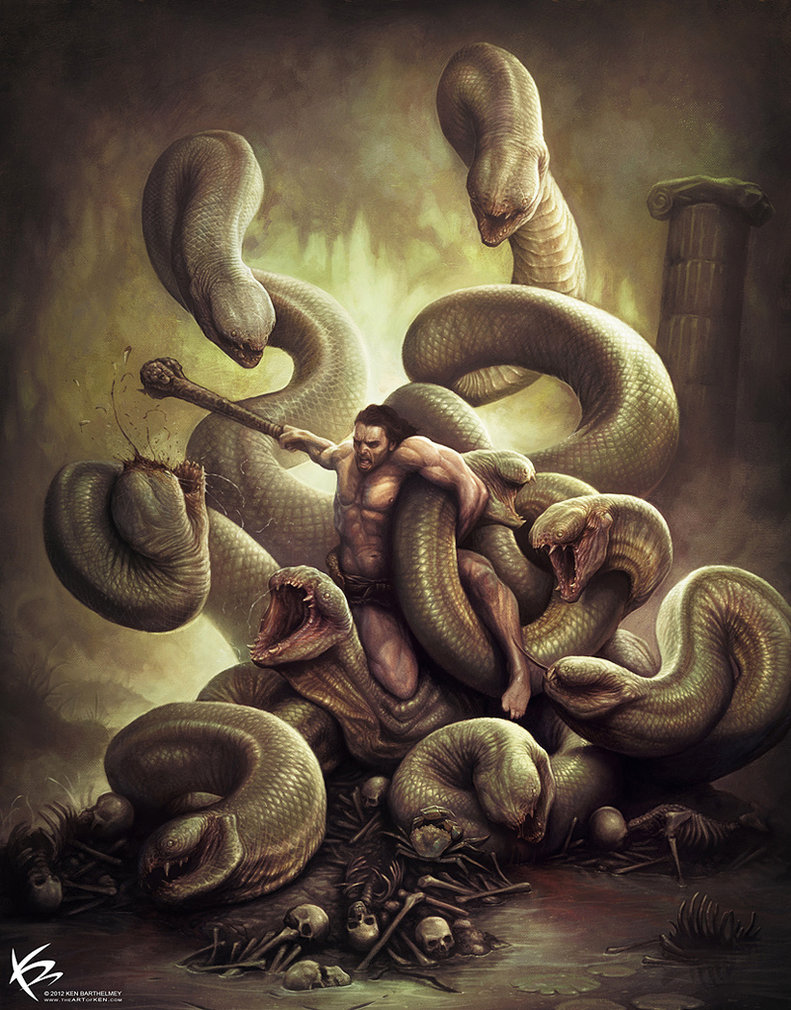
- The execution of Oden is similar to the execution of Ishikawa Goemon, a semi-legendary Japanese outlaw hero who lived in the 16th century. One version of Goemon’s execution is when Goemon tried to assassinate Hideyoshi to avenge the death of his wife Otaki and the capture of his son, Gobei. He sneaked into Fushimi Castle and entered Hideyoshi’s room but was caught and captured. He was sentenced to death by being boiled alive in an iron cauldron along with his very young son, but was able to save his son by holding him above his head, similar to how Oden saved his retainers.
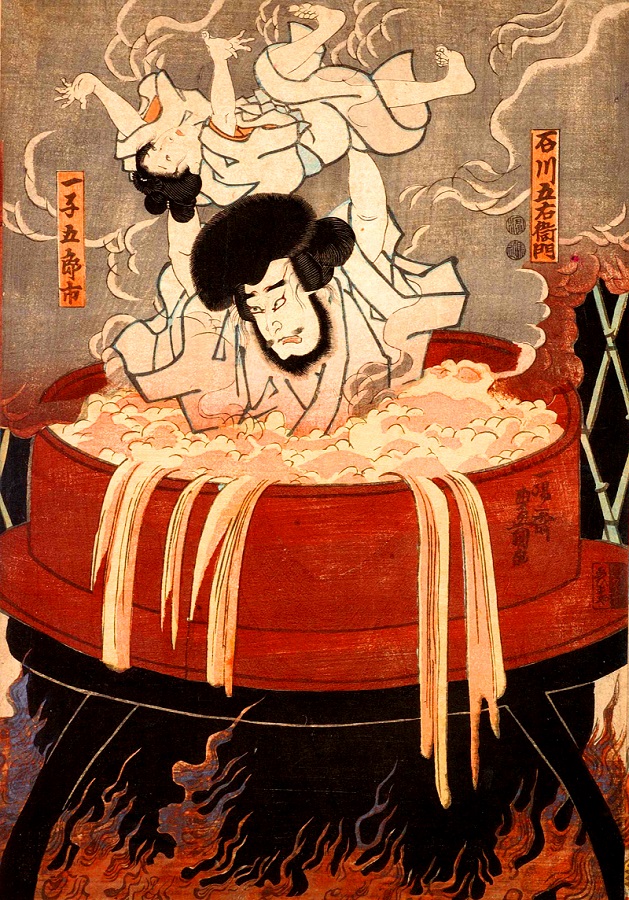
- Kozuki Oden is similar to Miyamoto Musashi, who was considered “The Greatest Samurai of Japan”, in the style of two swords.
